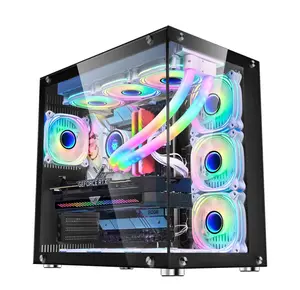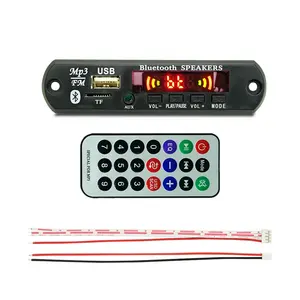Popular in your industry












 Ready to Ship
Ready to Ship





























































































































































Top categories
About ti instrumentation amplifiers
Operating on the principle of differential amplification, TI instrumentation amplifiers are designed to amplify the difference between two input signal voltages. These amplifiers are known for their high input impedance, low DC offset, and low noise, which makes them suitable for applications requiring accurate signal processing. One of the key advantages of instrumentation amplifiers is the ability to provide high gain with an externally set value of resistor, allowing for precise control and customization. Moreover, these amplifiers offer a differential output that is proportional to the input signal difference, making them well-suited for measuring small differential voltages in the presence of common-mode noise.
Applications of TI instrumentation amplifiers
Instrumentation amplifiers, also known as in-amps, find applications across various industries where accurate amplification of small differential signals is required. In biomedical devices, such as ECG and EEG monitors, instrumentation amplifiers play a crucial role in amplifying weak bioelectric signals for further processing and analysis. They are also utilized in industrial settings, particularly in data acquisition systems, to enhance the accuracy of sensor measurements by removing common-mode noise and interference. Moreover, in the field of automotive electronics, instrumentation amplifiers are employed in vehicle control systems to amplify and process sensor signals, ensuring reliable and precise performance. In addition, these amplifiers are used in test and measurement equipment for their ability to provide high common-mode rejection and accurate signal conditioning, enabling the precise measurement of various physical parameters.
In audio applications, instrumentation amplifiers are used to capture and amplify low-level audio signals in devices such as microphones and sensors. The high input impedance and low noise characteristics of instrumentation amplifiers make them suitable for these sensitive audio applications. For example, in professional audio equipment, such as mixers and recording devices, instrumentation amplifiers help maintain signal integrity and fidelity. Furthermore, in industrial automation and control systems, these amplifiers contribute to the accurate measurement and control of processes by amplifying and conditioning the sensor signals. In the field of telecommunications, instrumentation amplifiers are used in signal processing to amplify and filter weak signals, ensuring reliable communication. Overall, the versatility and precision of instrumentation amplifiers make them valuable components across a wide range of applications where accurate signal amplification and conditioning are essential.





















































































